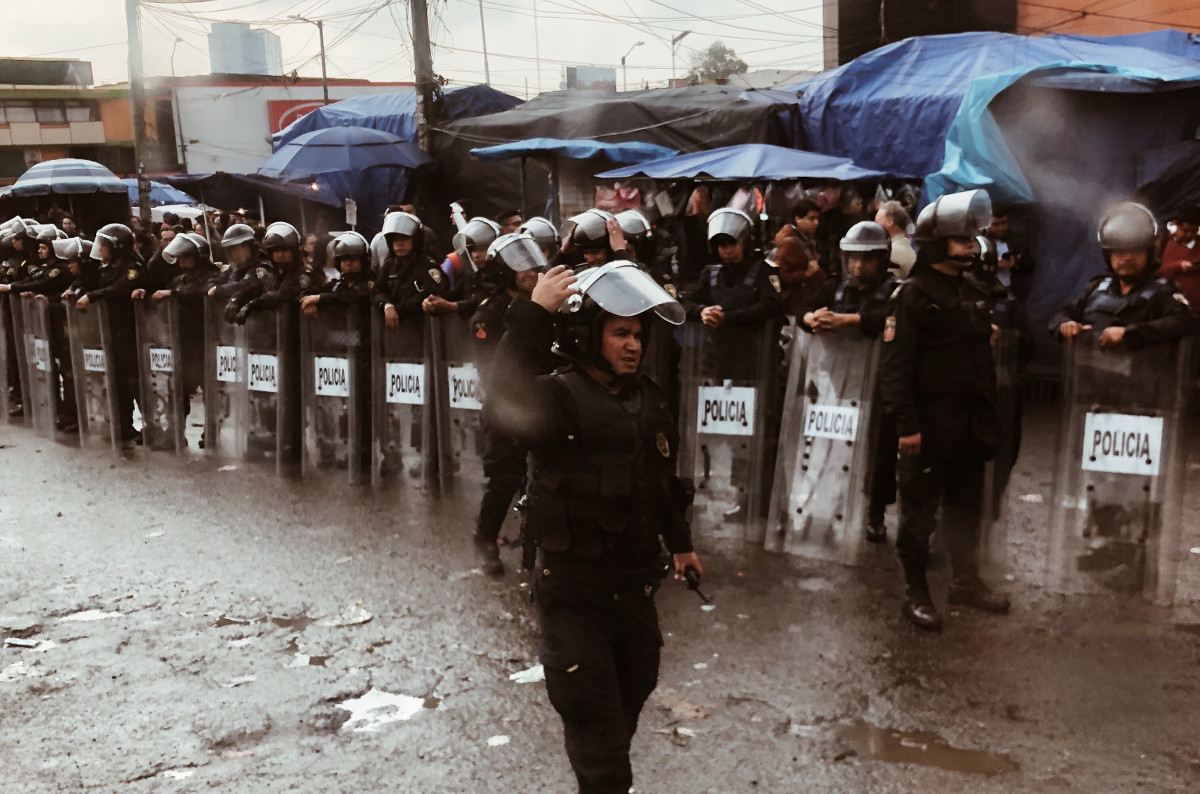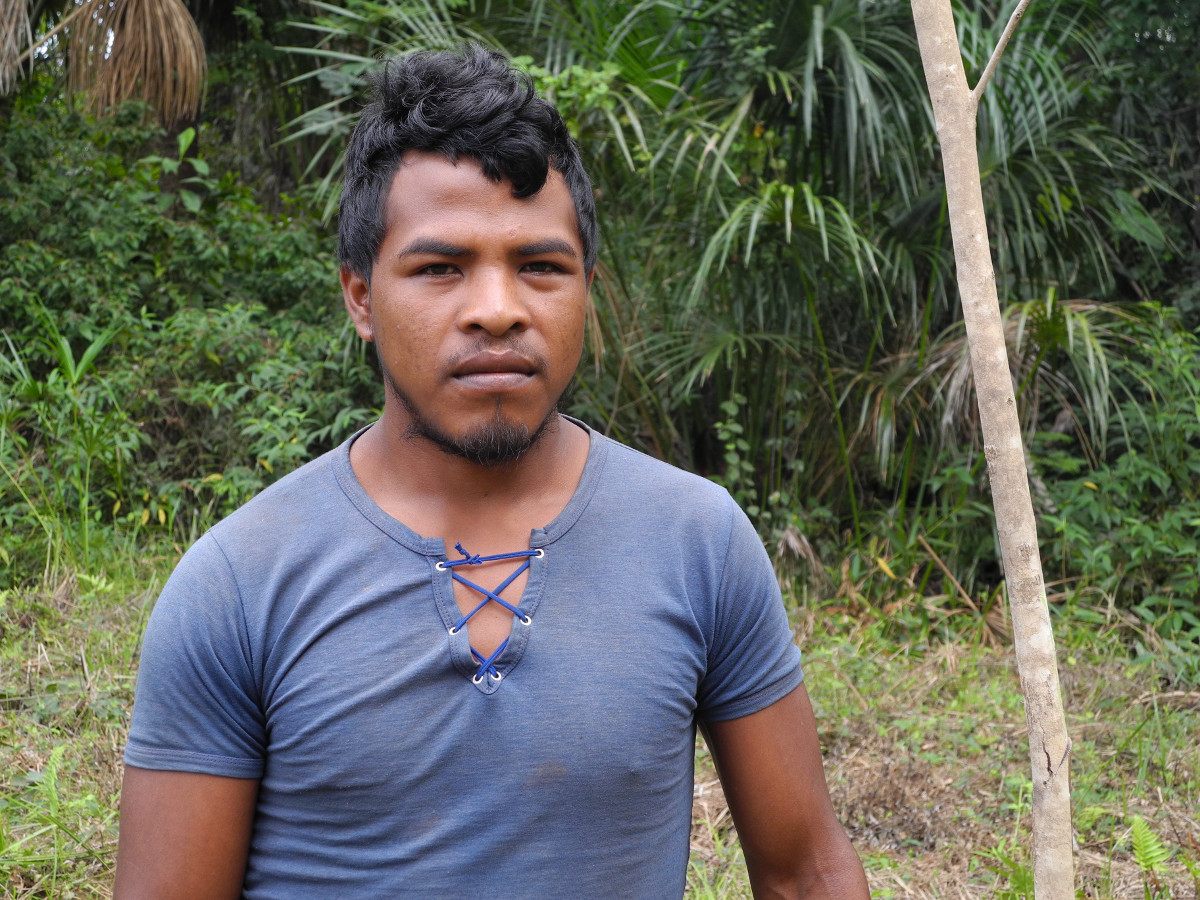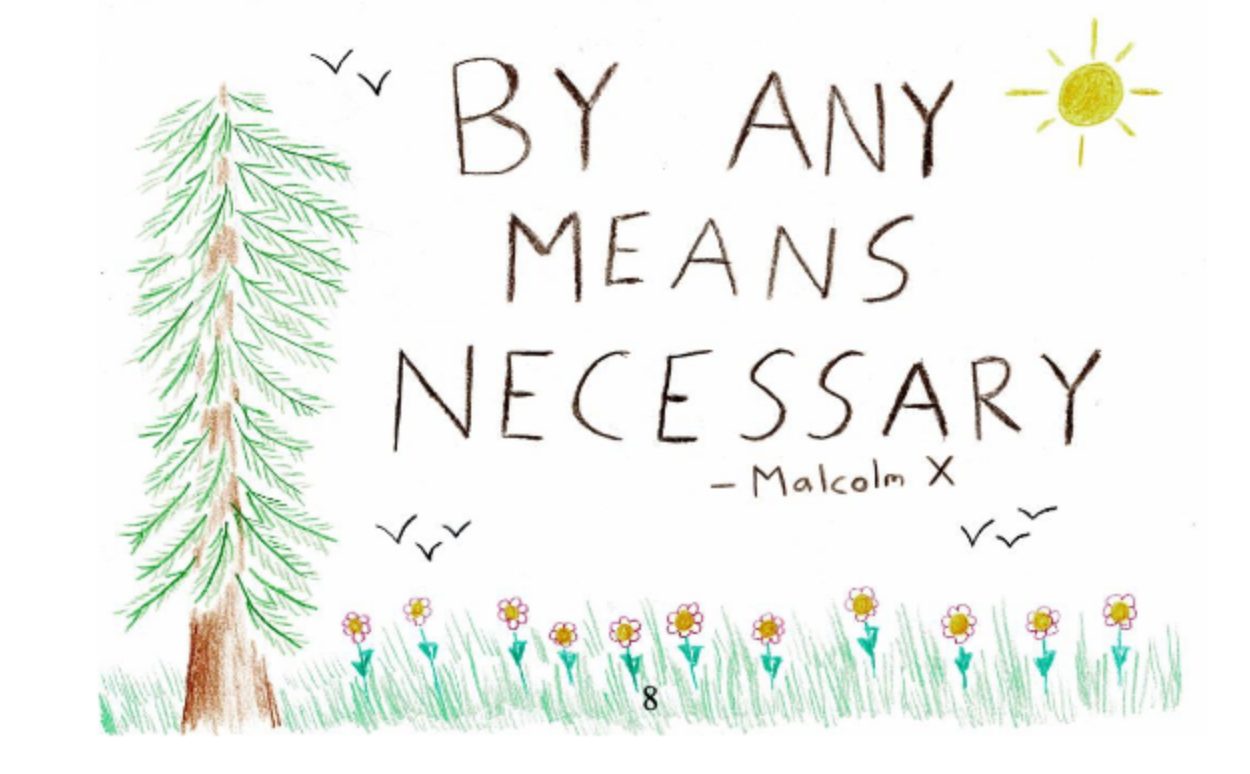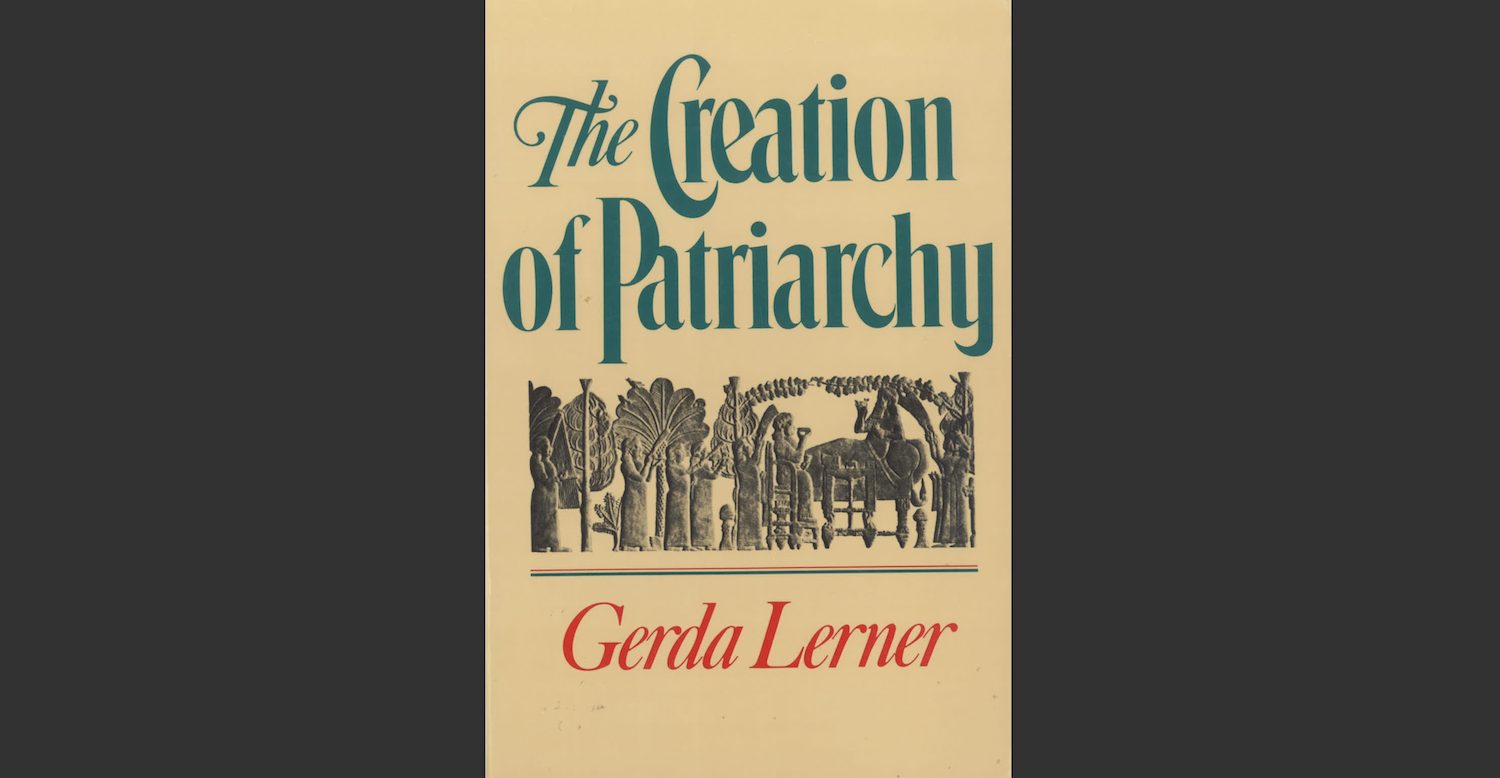
by DGR News Service | Nov 13, 2019 | Listening to the Land
Written and photographed by Beth Robson / Art for Culture Change
Human industrial civilization is killing the planet. This we know. How do we know? Because every square mile of ocean has at least 50,000 pieces of floating plastic in it, because we burn 3 million gallons of fossil fuels every minute, because 90 percent of the large fish in the ocean and half of the world’s forests are gone.
When people ask “How can we stop climate change?” what they are really asking is “How can we stop climate change without substantially changing how we live on the planet?” and the answer is: we can’t. That’s like asking how we can save the salmon and the Orcas without removing dams, stopping industrial logging, stopping industrial agriculture, stopping industrial fishing, stopping industrial plastics, and stopping climate change. Again, the answer is: we can’t.
So the right question to ask is not “How can we stop climate change?”, the right question to ask is “Where is my loyalty?” And if our answer to the question “Where is my loyalty” is anything other than “With nature” then we can’t expect life on this planet to go on much longer.
We cannot live and thrive on this planet without functioning ecosystems, without abundant biodiversity, without clean air and a healthy climate, without clean water, without intact forests. When we place our loyalty with nature, everything else falls into place. When we place our loyalty with nature, everything we must do to stop climate change, to save the Orcas, to save the salmon, to save the forests becomes crystal clear. When we place our loyalty with nature, stopping climate change is easy.
We civilized industrial humans abdicated our loyalty to nature a long time ago, when we began extracting more from nature than we give back, in order to accumulate capital. Now-a-days we call this capitalism. We forgot that “nature” is in fact our family, our relatives, our life blood, and began to think of nature as our property. After a while, we civilized beings became so infected with the sickness we know as capitalism that we even wrote laws protecting our right to nature as property. Most people now believe that we have the right to treat nature as our property, which often means we believe we have the right to use it and destroy it. But this “property” — meaning rivers, trees, soil, animals, earth, water, air — is not ours to own. Rivers, trees, soil, animals, earth, water, and air are beings in their own right. They have been here longer than us and they will be here long after we’re gone. They have just as much right as we do — perhaps even more so — to exist and to flourish on Planet Earth.
How dare we treat nature as property!
Upton Sinclair wrote that it’s hard to make a man understand something when his salary depends on him not understanding it. Every aspect of how our current industrial civilization operates on Planet Earth depends on our not understanding that the trees, the rivers, the salmon, the orcas, the air we breathe, the entire living earth, are all our relatives, and that our very lives depend upon theirs.
Well it’s time to wake up. It’s time to pay attention. It’s time to understand. Nature is not our property. We are nature. Nature is our life blood. Nature has the right to exist and flourish. It’s time to place our loyalty with nature.

by DGR News Service | Nov 12, 2019 | Culture of Resistance, Direct Action
At least 4 environmental activists are murdered each week, these are only the reported and confirmed killings but even more likely disappear without being verified. Between 2002 and 2017, at minimum of 1,558 people have been murdered while attempting to protect land, water, and local wildlife — for a sense of scale, this represents about half of the U.S. troops killed in both the Afghanistan and Iraq conflicts during that same period of time. We are now in the midst of a global ecological war where one side is defending life, and the other side is devouring life.
The physical act of murder is being carried out by countless thugs, themselves desperate to survive, but the driving force behind these horrific atrocities is industrial consumerism. The violence is motivated by affluent desires for exclusive furniture, luxury vehicles, enriched confections, and upgraded electronics. In this context, the “affluent” class of humanity is anyone living beyond the subsistence of their basic needs: food, water, clothing, shelter, and basic healthcare. If someone can afford a smartphone and a personal vehicle, they are in the top echelons of global consumerism and they are participating in the cannibalisation of this planet.
When we read these truly horrifying statistics, and when we look at the photographs of the courageous people who have been murdered, our first instinct is to think “how horrible, those corporations and governments are awful.” Yes, they are, truly and profoundly awful — but this is a flawed perspective because it fails to see the forest for the trees. Those governments and corporations are not exceptions to the systems they inhabit, they are embodiments of it. Destroying a single government or a single corporation is utterly futile because, like a hydra, their heads easily grow back. If we genuinely believe that life is worth protecting and that these systems are evil, we must target the underlying infrastructure that feeds the beast of industrial consumerism; this can be done by sabotaging key resources, like rubber, to cause cascading supply-chain failures; or by grinding traffic to a halt in order to disrupt the flow of commerce. The one advantage to attacking such a vast and complex adversary is that those intricate and interdependent systems are profoundly fragile and they are immediately accessible.
Today over 1,600 people have been murdered while attempting to save life on Earth. What will you do to this week to honour their sacrifice?

by DGR News Service | Nov 6, 2019 | Biodiversity & Habitat Destruction, Colonialism & Conquest, Defensive Violence, Direct Action, Human Supremacy, Movement Building & Support
Image: Sarah Shenker, Survival International
by Liam Campbell
Paulo Paulino Guajajara, known as Kwahu, has been murdered by loggers in a part of the Amazon currently occupied by the Brazilian government. Equipped with only rudimentary weapons and body armour, and lacking medical assistance, Rainforest Guardians like Guajajara regularly face death at the hands of both government officials and natural resource exploiters. Their only advantages are their intimate knowledge of the rainforest and their deep commitment to protecting those living systems. Guajajara was protecting both his own ancestral land and also the lands of their uncontacted neighbours, the Awá tribe, when he was shot and killed by assassins. Guajajara is not the first ecological activist to be murdered; in April, 3 Rainforest Guardians were similarly slain.
It’s difficult to write this article from the relative luxury and comfort of a Western European country, especially having experienced a small modicum of the difficulties of even living for a few days in jungles like the Amazon — let alone inhabiting those claustrophobic settings with the knowledge that well armed groups of men are hunting for you. I cannot even begin to imagine the courage Guajajara must have embodied in order to take on this critical work; ultimately these words are cheap compared to the very real actions of Rainforest Guardians. We must extend our support beyond words if we’re to meaningfully help them achieve their mission of protecting the world’s dwindling rainforests.
These courageous groups need funding for better defensive weaponry, body armour, combat medicine, training, and basic survival equipment. If we are unable or unwilling to put our own bodies on the front lines to protect nature, then we should share what resources we do have to protect the bodies of people who are willing to put their own lives at risk for the rest of us. Groups like Survival Interntional have a good reputation, or reach out to a Deep Green Resistance representative for additional recommendations.

by DGR News Service | Nov 4, 2019 | Movement Building & Support
At this pivotal moment in history, is nonviolent direct action the most effective tactic for bringing about urgent change? Should we continue to expect governments and corporations to listen and act, or has the time for that already passed? What does radical system change actually mean, in the context of the sixth mass extinction? And how can we work together to the same goals even when our tactics differ?
As the climate crisis worsens daily and governments worldwide fail to take meaningful action, it has never been more imperative to discuss all tactics available for resistance. Time is running out and those in power are not listening to mounting calls for radical change.
This panel discussion followed by audience Q&A aims to address the ways in which the environmental movement can rise to the unprecedented challenge facing humanity and all life on earth.
The panelists
Lierre Keith
Lierre is a writer, small farmer, and radical feminist activist. She is the author of six books, including The Vegetarian Myth: Food, Justice, and Sustainability, which has been called “the most important ecological book of this generation.” She is coauthor, with Derrick Jensen and Aric McBay, of Deep Green Resistance: Strategy to Save the Planet. She’s also been arrested six times. You can read more about Lierre at www.lierrekeith.com.
Simon Be
Simon describes himself as a gravedigger, celebrant, pagan and a holy troublemaker. He’s committed to breaking the spells that civilisation has built around the myth of human superiority and exploring what it means to do what love requires in the context of dismantling a toxic system that’s devouring our living systems. He co-founded both Rising Up! and Extinction Rebellion and has been active with Earth First and other organisations.
Shahidah Janjua
Shahidah has been a feminist activist, writer and campaigner for 35 years, campaigning against pornography, prostitution, violence against women and trafficking in women and children. She has been active with feminist organisations including Justice For Women and the Rape Crisis Federation, and she is a founding member of the Women Into Politics project in the North of Ireland and a Refuge for Asian Women (Ashiana) in Sheffield. A writer and poet, her latest book of poetry, ‘Dimensions’, was published in Ireland in 2015. You can find out more about Shahida at www.sjanjua.net.
Nikki Clarke
Nikki has been an active anti-nuclear activist for nearly 20 years, and she is the co-founder of South West Against Nuclear, a direct-action based campaign that has had a specific focus on Hinkley over the last ten years. She has been arrested for non-violent protests on numerous occasions and has had several court cases for her actions against nuclear weapons, nuclear power and fracking in the UK. She gives talks and workshops across the UK about the impacts of radiation on health, and the health of women in particular, as well as nuclear policy.
After short presentations by all speakers on the panel, the floor will be open to audience questions to generate debate and discuss action-focused outcomes. We hope you can join us and be part of the conversation.
Ticket sales are to cover costs. Prices are set on a sliding scale: Concession, General and Solidarity – use the Eventbrite ticket link below to purchase. A limited number of free tickets are available for those unable to pay. Please message the organiser if you need to request a free ticket.
Doors open at 6:30pm for a 7:00pm start.
Conway Hall is a wheelchair accessible venue.

by DGR News Service | Oct 28, 2019 | Direct Action, Women & Radical Feminism
Special forces and special operations forces (SOF) are military units trained to conduct special operations. NATO defines special operations as “military activities conducted by specially designated, organized, trained, and equipped forces, manned with selected personnel, using unconventional tactics, techniques, and modes of employment”.
In the past, we have argued for the formation of clandestine ecological special forces units as part of our strategy, Decisive Ecological Warfare. We believe this DEW strategy is one of the only chances we have for stopping runaway global warming and preserving some chance of a livable future.
We have also discussed some of the skills that these ecological special forces units would require.
The skills that differentiate special forces units from regular soldiers often fall into categories already possessed by people in the environmental movement. For example, wilderness survival, stealth and stalking, movement across rugged terrain, travel in winter conditions, emergency medicine, watercraft, ropework, robust physical fitness, and other outdoor skills are staples of special forces training. Many environmentalists already have these skills and capabilities.
Many of us, however, do not have the military-type skills possessed by special forces units. We must normalize training in these skills within our communities. As an aboveground organization, we at DGR are not engaged in DEW directly. Regardless, military-style training in firearms, small unit tactics, physical security, hand-to-hand combat, and other relevant skills will be useful for self-defense and community defense as society becomes increasingly fractured and unstable due to climate chaos, financial collapse, inequality, rising fascist movements, etc.
Participating in outdoor activities like hunting can also help us develop further competency with firearms, stalking, terrain analysis, survival skills, and so on—in addition to helping us deepen a spiritual and physical connection to the land that supports all life.
Female Special Forces Units
As a radical feminist organization, Deep Green Resistance has a special interest in seeing women lead and participate in militant action. There are countless resistance movements that have been led by female warriors. And in the special forces arena, Norway created the first all-female unit in 2014.
Candidates are selected based on attitude and physical fitness, the minimum physical standards are: one pull-up; 20 push-ups; 35 sit-ups in two minutes or less; 20 back extensions; swim 200 metres (660 ft), with no underwater phobia; and perform a 7-kilometre (4.3 mi) road run carrying 22 kilograms (49 lb) in 59 minutes. In addition there are required tests in 10 kilograms (22 lb) medicine ball throw, standing long jump, and 3000-meter run which will not disqualify, but do count towards selection. There is a 3 week pre-selection course learning basic skills before commencing the week long selection course named “hell week” that is a test of mental and physical strength involving long marches over several days with little time for rest, and minimum amounts of food and water.
Applicants then face a 10 month training program that includes a patrol course, survival course, shooting course, communications course, medical course, parachute course, winter training, winter exercise, close combat course, close quarter battle (CQB) course, vehicle course and urban special reconnaissance course culminating in a final exercise. To complete the program, candidates must be able to march 15 km (9 miles) in full gear (22 kilograms (49 lb) backpack, weapon, boots) through forests within two hours and 15 minutes or less; perform 50 sit-ups in two minutes, six pull-ups and 40 push-ups; run 3 kilometres (1.9 mi) in 13 minutes or less; and swim 400 metres (1,300 ft) in 11 minutes or less, the first 25 metres underwater.
Featured image: Norwegian Army

by DGR News Service | Oct 25, 2019 | Male Supremacy, Women & Radical Feminism
Editors note: Gerda Lerner (1920-2013) was a historian, author and teacher. She was a professor emeritus of history at the University of Wisconsin–Madison and a visiting scholar at Duke University. Lerner was one of the founders of the field of women’s history, and was a former president of the Organization of American Historians. She taught what is considered to be the first women’s history course in the world at the New School for Social Research in 1963.
This excerpt comes from the final chapter of the book The Creation of Patriarchy (1983), and summarizes portions of the preceding chapters. While some of Lerner’s claims may in retrospect be overly optimistic (for example, she could not have predicted the explosion in internet pornography as a primary sex-education tool of patriarchy), the book as a whole is a excellent introduction to the topic of patriarchy and its origins.
By Gerda Lerner
Patriarchy is a historic creation formed by men and women in a process which took nearly 2500 years to its completion. In its earliest form patriarchy appeared as the archaic state. The basic unit of its organization was the patriarchal family, which both expressed and constantly generated its rules and values. We have seen how integrally definitions of gender affected the formation of the state. Let us briefly review the way in which gender became created, defined, and established.
The roles and behavior deemed appropriate to the sexes were expressed in values, customs, laws, and social roles. They also, and very importantly, were expressed in leading metaphors, which became part of the cultural construct and explanatory system.
The sexuality of women, consisting of their sexual and their reproductive capacities and services, was commodified even prior to the creation of Western civilization. The development of agricutlure in the Neolithic period fostered the inter-tribal “exchange of women,” not only as a means of avoiding incessant warfare by the cementing of marriage alliances but also because societies with more women could produce more children. In contrast to the economic needs of hunting/gathering societies, agriculturists could use the labor of children to increase production and accumulate surpluses. Men-as-a-group had rights in women which women-as-a-group did not have in men. Women themselves became a resource, acquired by men much as the land was acquired by men. Women were exchanged or bought in marriages for the benefit of their families; later, they were conquered or bought in slavery, where their sexual services were part of their labor and where their children were the property of their masters. In every known society it was women of conquered tribes who were first enslaved, whereas men were killed. It was only after men had learned how to enslave the women of groups who could be defined as strangers, that they then learned how to enslave men of those groups and, later, subordinates from within their own societies.
Thus, the enslavement of women, combining both racism and sexism, preceded the formation of classes and class oppression. Class differences were, at their very beginnings, expressed and constituted in terms of patriarchal relations. Class is not a separate construct from gender; rather, class is expressed in genderic terms.
By the second millennium B.C. in Mesopotamian societies, the daughters of the poor were sold into marriage of prostitution in order to advance the economic interests of their families. The daughters of men of property could command a bride price, paid by the family of the groom to the family of the bridge, which frequently enabled the bride’s family to secure more financially advantageous marriages for their sons, thus improving the family’s economic position. If a husband or father could not pay his debt, his wife and children could be used as pawns, becoming debt slaves to the creditor. These conditions were so firmly established by 1750 B.C. that Hammurabic law made a decisive improvement in the lot of debt pawns by limiting their terms of service to three years, where earlier it had been for life.
The product of this commodification of women—bridge price, sale price, and children—was appropriated by men. It may very well represent the first accumulation of private property. The enslavement of women of conquered tribes became not only a status symbol for nobles and warriors, but it actually enabled the conquerors to acquire tangible wealth through selling or trading the product of the slaves’ labor and their reproductive product, slave children.
…
To step outside of patriarchal thought means: Being skeptical toward every known system of thought; being critical of all assumptions, ordering values and definitions.
Testing one’s statement by trusting our own, the female experience. Since such experience has usually been trivialized or ignored, it means overcoming the deep-seated resistance within ourselves toward accepting ourselves and our knowledge as valid. It means getting rid of the great men in our heads and substituting for them ourselves, our sisters, our anonymous foremothers.
Being critical toward our own thought, which is, after all, thought trained in the patriarchal tradition. Finally, it means developing intellectual courage, the courage to stand alone, the courage to reach farther than our grasp, the courage to risk failure. Perhaps the greatest challenge to thinking women is the challenge to move from the desire for safety and approval to the most “unfeminine” quality of all—that of intellectual arrogance, the supreme hubris which asserts to itself the right to reorder the world. The hubris of the god-makers, the hubris of the male system-builders.
The system of patriarchy is a historic construct; it has a beginning; it will have an end. Its time seems to have nearly run its course—it no longer serves the needs of men or women and in its inextricable linkage to militarism, hierarchy, and racism it threatens the very existence of life on earth.
What will come after, what kind of structure will be the foundation for alternate forms of social organization we cannot yet know. We are living in an age of unprecedented transformation. We are in the process of becoming. But we already know that woman’s mind, at last unfettered after so many millennia, will have its share in providing vision, ordering, solutions. Women at long last are demanding, as men did in the Renaissance, the right to explain, the right to define. Women, thinking themselves out of patriarchy add transforming insights to the process of redefinition.
As long as both men and women regard the subordination of half the human race to the other as “natural,” it is impossible to envision a society in which differences do not connote either dominance or subordination. The feminist critique of the patriarchal edifice of knowledge is laying the groundwork for a correct analysis of reality, one which at the very least can distinguish the whole from a part. Women’s History, the essential tool in creating feminist consciousness in women, is providing the body of experience against which new theory can be tested and the ground on which women of vision can stand.
A feminist world-view will enable women and men to free their minds from patriarchal thought and practice and at last to build a new world free of dominance and hierarchy, a world that is truly human.






